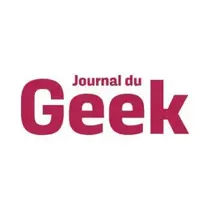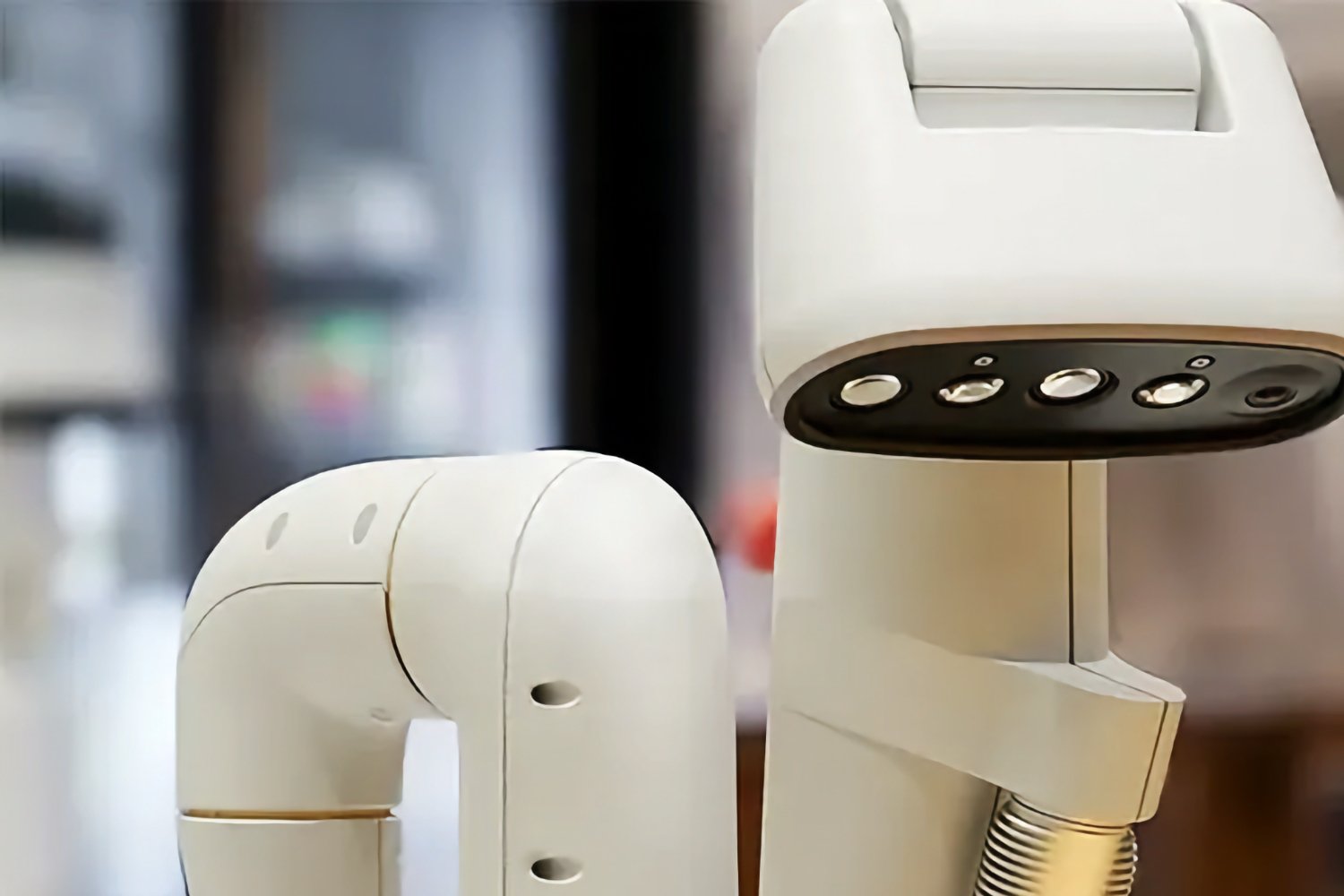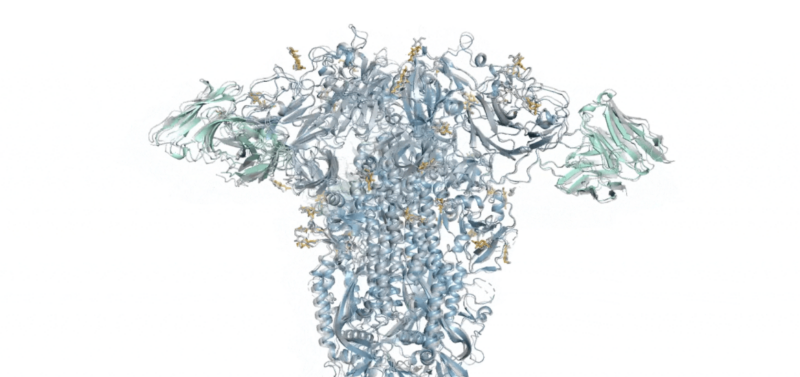Team of two new AI systems score one point short of gold medal in global maths contest for gifted students
Even though computers were made to do maths faster than any human could manage, the top level of formal mathematics remains an exclusively human domain. But a breakthrough by researchers at Google DeepMind has brought AI systems closer than ever to beating the best human mathematicians at their own game.
A pair of new systems, called AlphaProof and AlphaGeometry 2, worked together to tackle questions from the International Mathematical Olympiad, a global maths competition for secondary-school students that has been running since 1959. The Olympiad takes the form of six mind-bogglingly hard questions each year, covering fields including algebra, geometry and number theory. Winning a gold medal places you among the best handful of young mathematicians in the world.
Let
ABC
be a triangle with
AB
<
AC
<
BC
. Let the incentre and incircle of triangle
ABC
be
I
and
ω
, respectively. Let
X
be the point on line
BC
different from
C
such that the line through
X
parallel to
AC
is tangent to
ω
. Similarly, let
Y
be the point on line
BC
different from
B
such that the line through
Y
parallel to
AB
is tangent to
ω
. Let
AI
intersect the circumcircle of triangle
ABC
again at
P ≠ A
. Let
K
and
L
be the midpoints of
AC
and
AB
, respectively.
Prove that ∠
KIL
+ ∠
YPX
= 180◦.
Turbo the snail plays a game on a board with 2024 rows and 2023 columns. There are hidden monsters in 2022 of the cells. Initially, Turbo does not know where any of the monsters are, but he knows that there is exactly one monster in each row except the first row and the last row, and that each column contains at most one monster.
Turbo makes a series of attempts to go from the first row to the last row. On each attempt, he chooses to start on any cell in the first row, then repeatedly moves to an adjacent cell sharing a common side. (He is allowed to return to a previously visited cell.) If he reaches a cell with a monster, his attempt ends and he is transported back to the first row to start a new attempt. The monsters do not move, and Turbo remembers whether or not each cell he has visited contains a monster. If he reaches any cell in the last row, his attempt ends and the game is over.
Continue reading...
 chevron_right
chevron_right








